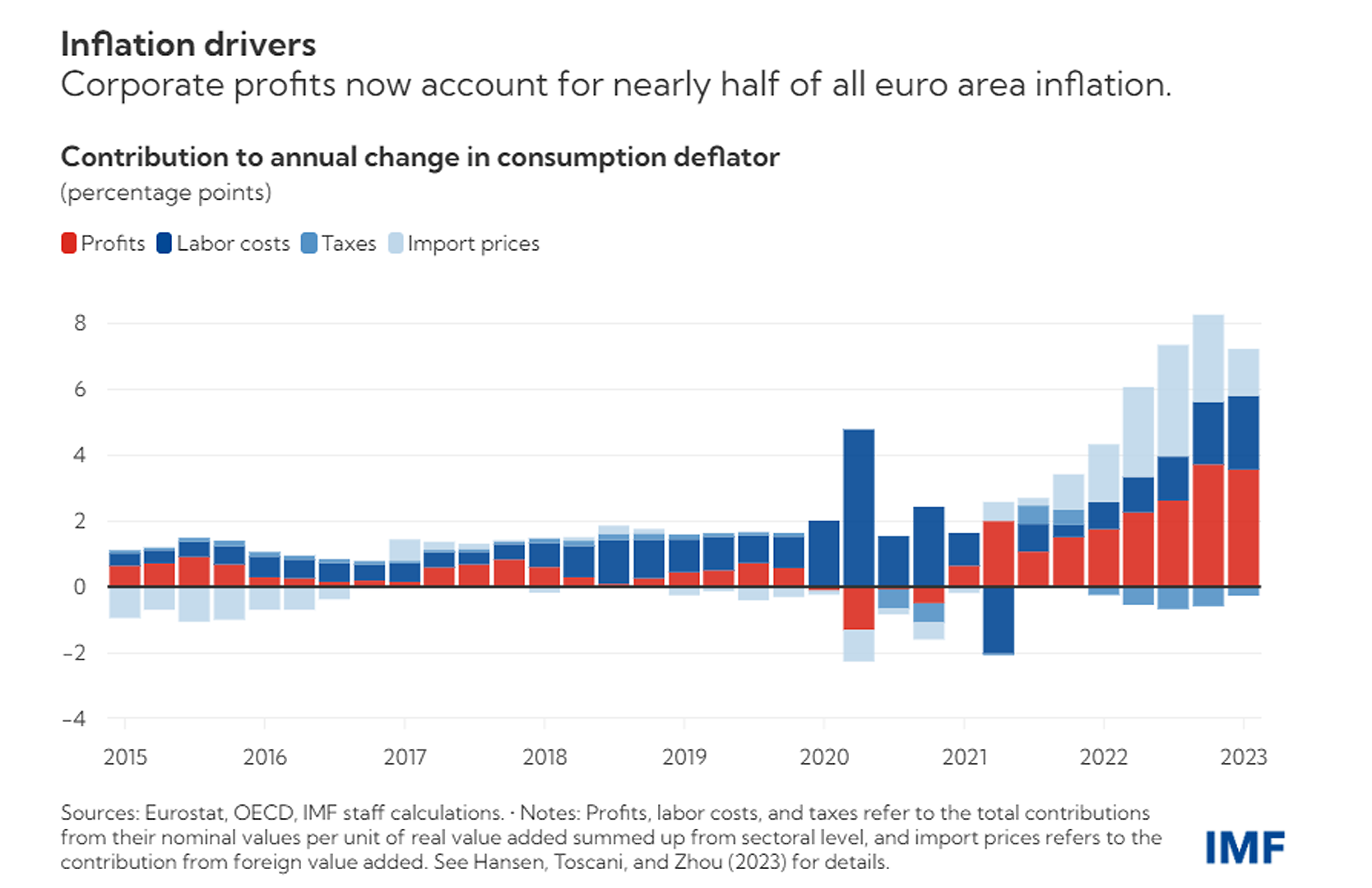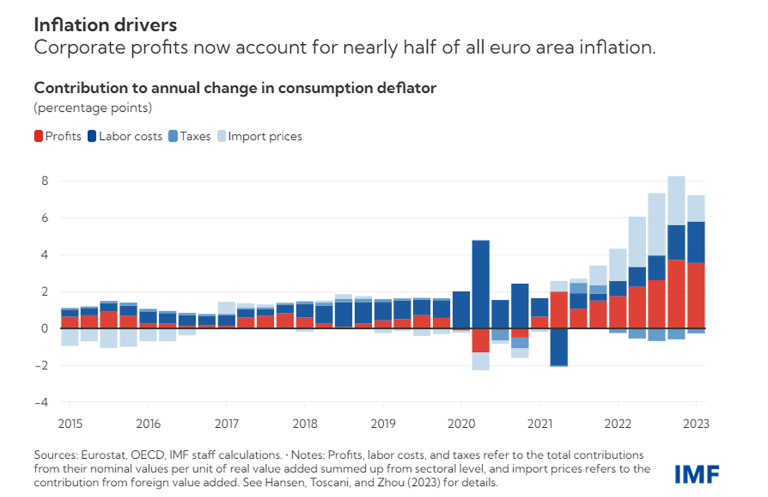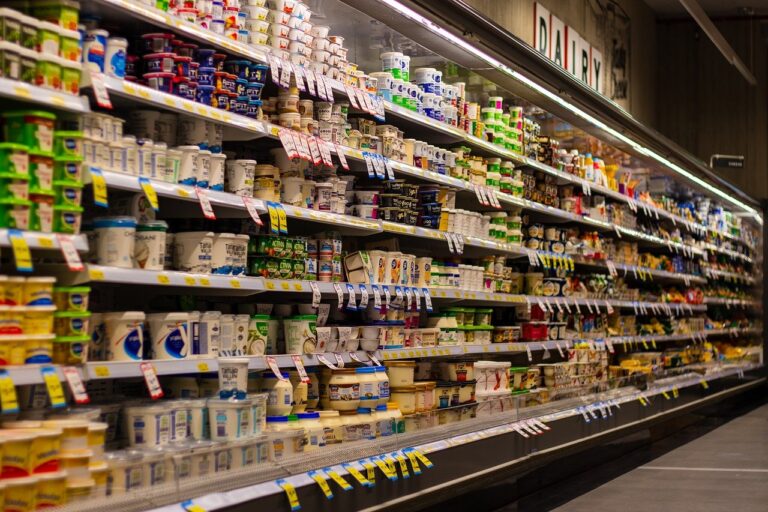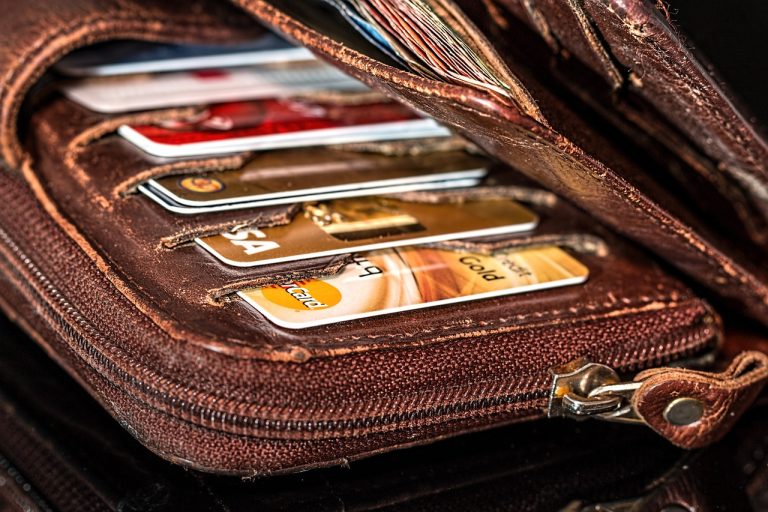The UK’s largest mobile and broadband companies have been accused of fuelling “greedflation” by pushing through the biggest round of price hikes for more than 30 years. This comes ahead of a meeting where Chancellor Jeremy Hunt will order industry regulators to take tougher action to curb inflation.
An analysis reveals that six companies controlling most of the telecoms market all charged a 3.9 percentage point supplement on top of their annual inflation-linked increases this year. This practice means millions of customers have faced mid-contract price increases of up to 17.3%, which economists said risked prolonging the cost of living crisis and adding to the pressure on the Bank of England to raise interest rates.
Labour accused the government of being “asleep at the wheel” on broadband pricing, while the telecoms regulator Ofcom responded by saying it was “taking a close look” at the issue “to consider whether tougher protections are needed”.
Morgan Wild, head of policy at Citizens Advice, said: “We called on firms to support their customers during this incredibly challenging time, but many chose not to listen and instead pushed on with price rises.”
This year’s charges have generated billions of pounds in extra revenue for providers, according to estimates by the price comparison website Uswitch, while hitting the average customer with an annual bill increase of £222 for broadband and £114 for mobile.
The biggest increases were for mobile phone customers of Virgin Media O2, which imposed a rise of up to 17.3% in April – 3.9 percentage points on top of the retail price index (RPI), which stood at 13.4% in January, the reference month it uses. The RPI is typically higher than the consumer price index measure of inflation, which most other telecoms operators use, and was at 10.1% in the same month.
The practice of adding a 3.9 percentage point supplement began during the pandemic, when inflation was near zero. BT was the first mover in September 2020. Despite a surge in inflation over the following months, more and more providers have adopted price increases of inflation plus 3.9 percentage points, including Vodafone, Three, and Virgin Media O2. Smaller suppliers Tesco Mobile and iD Mobile have also done so.
Andrew Sentance, a former member of the Bank’s rate-setting monetary policy committee, said regulators appeared to have been “caught napping” by the practice and called for tougher action to stop firms ripping off consumers.
Telecoms firms argue price increases are vital for funding investment in their networks amid surging demand for broadband and mobile services, as more people shop and work remotely, and stream data-intensive TV, film and music. They also highlight that consumers can shop around for a cheaper deal or haggle for better terms. The industry also provides cheaper social tariffs for people on benefits. However, just 5% of eligible households are signed up.
Gail Cartmail, executive head of operations for Unite, said the price hikes were leading to an “endless cycle of greedflation”. “Failures by regulators are fuelling the attack on living standards,” she said.
In an article from the International Monetary Fund (IMF) it states that almost half of Europe’s inflation increase over the past two years is due to rising corporate profits, as companies have raised prices beyond the rising costs of imported energy.
With workers now demanding pay rises to compensate for lost purchasing power, companies may need to accept a smaller profit share.
The article also provides a breakdown of inflation, attributing 45% of price rises since 2022 to profits, 40% to import costs, and 25% to labor costs, with taxes having a slightly deflationary impact which you can see in our featured image.








































